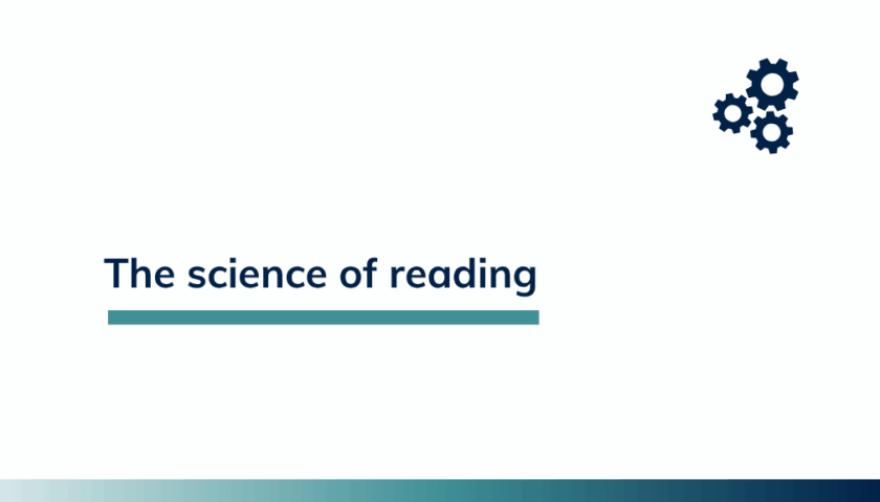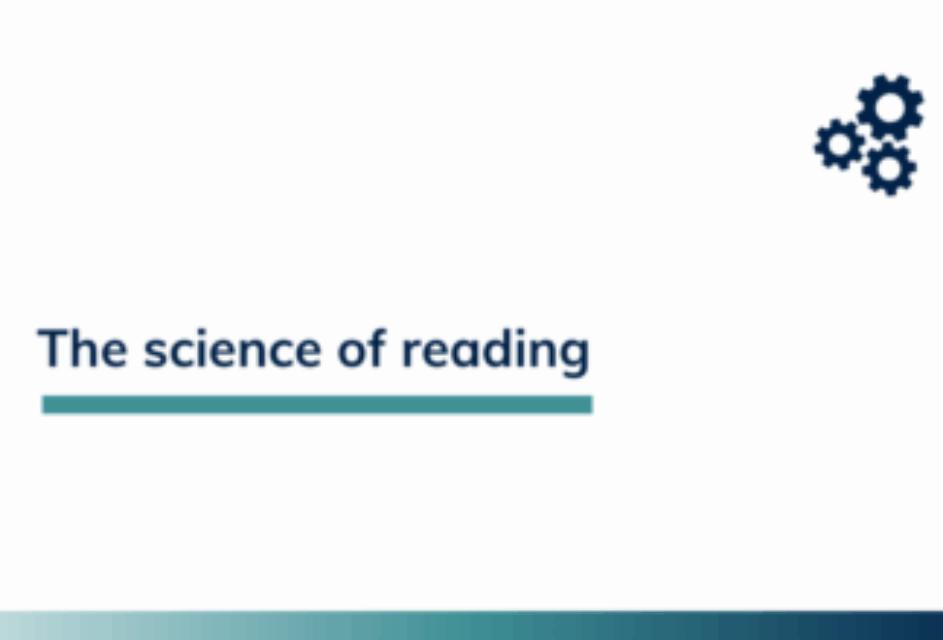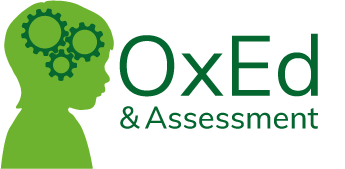The truth about reading instruction: insights from the author of ‘the science of reading’
In 2005, Prof Charles Hulme coined the phrase ‘the science of reading’. Twenty years later, he shares his latest insights on reading instruction in a guest feature on the ‘On the Clock’ podcast.


Prefer to listen? Tune in to the full podcast episode.
The pursuit of psychology
When Charles was a young boy, his mother gave him a pair of shoes to take up the street to a shoe-repair man. After some back-and-forth about the shoes, the man, out of the blue, asked Charles “what is psychology?” to which he replied, “I don’t know.” The man went on to explain that psychology is “the scientific study of the mind.”
15 years later, Charles ended up studying psychology at university, going on to pursue decades of research in psychology and education. That simple conversation may have laid the path for his future career.
Research into children with reading problems
After completing his undergraduate at the University of Oxford, Charles decided he wanted to pursue a PhD. He’d already started working on a PhD in a completely different area when he realised he wanted to focus on something that has practical importance in the world.
He reflected on the various things he’d learned as an undergraduate, including how reading occurs and develops. It was apparent that dyslexic children weren’t learning to read properly and, as a cognitive psychologist, Charles wanted to understand what it is that prevents them from learning to read. His PhD and subsequent research therefore focused on children with reading problems and practical ways to mitigate these.
The science of reading
After decades of working on research into how children learn to read, Professors Charles Hulme and Maggie Snowling published their book, The Science of Reading, to bring together a set of internationally renowned experts and collate all the information known at the time about the science of reading into a single volume.
When discussing how he came up with the phrase, Charles explains that the science of reading seemed the ideal title – the book was about reading, but also the science behind it. It’s about how people read and the scientific understanding of how they read – how they learn to read, what the brain is doing when we’re reading, and how our genetic and environmental influences may alter or constrain the way we learn to read.
The phrase is now widely embedded across education and literacy instruction.
The consequences of language and reading difficulties
Charles’ research into reading difficulties over the past 15 years has changed his thinking around the cause of reading difficulties, in particular dyslexia, and the crucial role language plays.
As language is the medium of communication, language difficulties can cause all sorts of problems – and this begins early.
If a child has trouble speaking and understanding what is being said to them, they’ll have problems forming friendships and communicating their needs to their parents and teachers. This leads to frustration and potentially anger or distress. As the child progresses into school, language becomes critical for learning as most of what happens in school depends upon listening to what teachers are telling you, understanding it, and being able to process and remember it.
If you compound that problem with a difficulty reading, that cuts you off from a whole aspect of a literate society. It will mean you can’t read things that are communicated to you, you don’t understand things that are going on in the world very well, and you will likely have poor self-esteem. These are emotional and cognitive problems that create a whole set of difficulties throughout a person’s life.
We now see dyslexia and reading problems as the product of an underlying language difficulty. This is why oral language skills are critical. Children who go on to have reading problems when they’re around eight years old almost invariably will have had language difficulties between the ages of three to six.
The role of research in shaping education and teaching strategies
Charles highlights that effective teaching and learning within education is dependent on a deep understanding of how we learn. There’s therefore huge importance in scientific evidence as a way of creating, evaluating and justifying the way we teach children.
Just like in the field of medicine, evidence-based practice puts humans at the forefront – ensuring that the strategies and methods prescribed are informed, proven, and effective. There’s the additional benefit of cost-effectiveness too, as intervening early means less expense is needed for future interventions once difficulties have become more entrenched.
Now, we are seeing a shift in the acknowledgement of science-led evidence in education. The current focus on the science of reading and using evidence-based programmes in schools is a sign that tides are turning in favour of the importance of research, and OxEd plays a key part in contributing towards this.
As a science-based, University of Oxford spin-off company, OxEd translates research on language and reading problems into practical applications for schools, so that every child has the opportunity to succeed.
